Cotton States has a variety of new homes to choose from in gorgeous communities in the Metro Atlanta area. Let us build a quality crafted home for you and once moved, here are a few tips from Kathleen Ashcraft with Newhomesource that will help you and your family settle in to your new place.
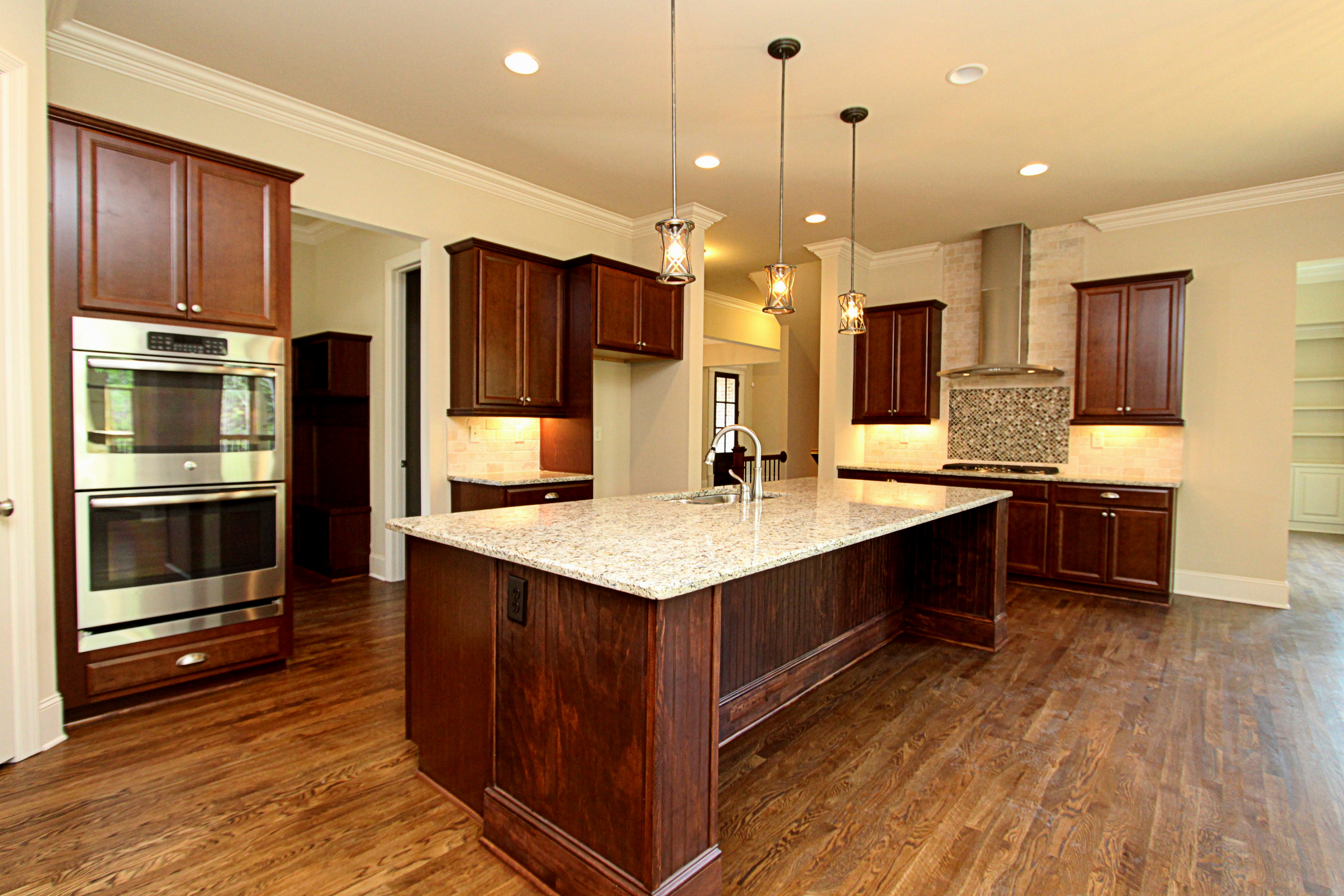

Tips from the pros to make your move as simple and care-free as possible.
Settling into a new home can be a big adjustment for you, your family and even your pets. The moving process definitely entails some planning, but it also rewards your efforts with a smoother move-in. And once you’re in your new home, there are some fun and creative ways to make your new house a home. Here are a few tips from homeowners and experts to help you settle into your new home as quickly and seamlessly as possible:
New Address
When you move into a new home, it’s important to spread the word. Be sure to file change of address forms with the post office so that your mail is sent to your new address. It’s best to do so before you move to make sure you don’t miss important mail, and so bills in need of payment are not delayed.
There are a few other places you’ll need to update your address, including your driver’s license, voter registration and credit cards. Be sure to notify the company that provides your auto insurance, as well. A new address can affect rates and they’ll want to know where your vehicle is garaged. Do you shop online? Make sure to update your address at your favorite websites, as well.
Also, remember to transfer your utilities (or choose new providers) at your new address. In addition to gas, water, electric and phone, don’t forget to contact your Internet and cable TV suppliers, as well. If you subscribe to newspapers and magazines, remember to change your address with them, too. The post office will forward magazines and mail, but only for a limited time.Unless you stash your money under the mattress, don’t forget to notify the bank, as well. And while you can pay most bills online or by phone, it pays to get checks with your new address, as well.
Store Important Documents
Many things can get lost or temporarily misplaced in a big move. Moving van documents and important real estate papers can all too easily end up looking like trash in the midst of all your boxes, so be sure to keep these papers safe. Your closing documents make note of your mortgage, costs and ownership of the house.
Other receipts and papers that document your moving expenses may be tax deductible, so save those receipts. Furthermore, there will be several new appliances and systems in your new home. Keep all warranties and instructions for these items so that you know how to operate them properly or who to call for service. You will thank yourself in the long run.
Security
If your new house is not already equipped with a security system, you may want to consider setting one up. “For many people, a new home is a new environment and sometimes knowing that you’re protected can give you some sort of peace of mind,” says Kevin Raposo, of SimpliSafe Home Security, a home security company based in Boston, Mass.
Also, consider changing your locks. Many builders use construction locks during the building process, and only key the permanent locks shortly before you move-in. In that case, it’s likely not necessary to change your locks, but it pays to check.
Double-Check Repairs
Most builders conduct a final walk-through shortly before you close on your new home. This is the time when last minute details are noted. Many will have been taken care of before you move in. If there are any open items, check with your builder so that each item is attended to. A burned out light bulb, a chipped electrical outlet cover, or a spot of touch-up paint that’s needed are typical items that can show up during a final walk-through.
Know Your Home
Your new home can be a bit of a mystery to you until you take the time to get to know it. That’s why most builders conduct a new home orientation. This is the time when the builder will show you the location and operation of key systems and components in your new home. The builder will likely also explain warranties and provide you with printed and/or electronic versions of operating manuals and warranties.
This is the time to make sure you know where the electrical circuit breakers, water cutoff valves and other key aspects of your home are located and how to operate them. Many builders also provide a record of the paint colors and brands, carpet and flooring choices and other decorative aspects of your home. It’s wise to file this information for future reference. Make sure you know where, when and how to change your furnace and air conditioning filters. Jotting down filter sizes is a great idea, too.
Learn to operate any and all systems — and save the manuals for them. This includes home security, home automation, home theater, garage door openers, water softeners, sprinkler systems, programmable thermostats, appliances and more.
Last, consider determining the best plans in case of a fire or other emergency. Locating these basic parts of the house and planning ahead will serve you in the future.
Home Owners Association (HOA)
You may love homeowners associations or you may be skeptical. Either way, it’s important to review your HOA rules since each community has slightly different regulations. Find out what you can and can’t do in terms of renovations and decorations. Your HOA guidelines can also help you figure out what the trash and recycling collection schedule is, as well as many other important “need-to-knows.”
Make Your Vision a Reality
When you first looked at your new home, I am sure you imagined what it would look like with full paint, furniture and accessories. The first few months of living in your new home is the perfect time to bring that vision to life. Decorate your home in the manner you imagined so that you love it. You must make your home your own if you want to feel comfortable in it and proud of it.
Know Your Neighborhood
Your house doesn’t stand alone; it’s part of a whole community! So, don’t wait for your neighbors to come to you – go out and meet them. Your neighbors can become some of your closest friends. They can help watch your home when you’re away. The benefits are endless. Have kids? Your new neighbors may, as well. A playgroup or swim team may be up and running. Other residents may share your interests. Many a new home community has a vibrant club for movie buffs, travel aficionados, wine enthusiasts and more. Don’t find a group with your interest yet? Start one!
It’s also important to know your community for practical reasons. “Collect emergency information for the fridge — know the address and phone numbers of the nearest hospital, police station and fire station,” suggests Marc Jungers, president of Houston-based Grand View Builders. If you have pets, it’s a good idea to know where the closest vet and animal hospital are located. The more you know about your neighborhood, the more assimilated you will feel.
Housewarming Party
Once you and your family are settled and feeling comfortable, celebrate your home with friends, family and neighbors. Show off all the hard work and effort you put into
making your new home beautiful and unique. In addition, as a bonus, some people have been known to bring gifts to these parties.
Relax
You’ve moved all your stuff in, contacted the proper places and businesses, and taken the steps to make your new house a home. What’s next? Relax, of course! Enjoy your new home, neighbors and community amenities. Sit back, unwind and bask in the success of creating a home made just for you.
Kathleen Ashcraft is a writer for NewHomeSource. You can find her on
Google+.
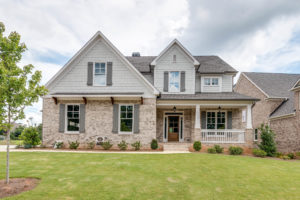
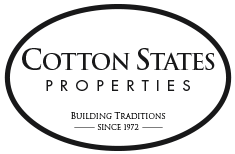
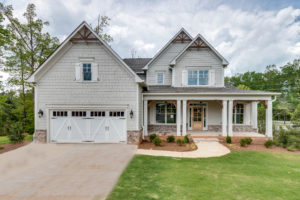

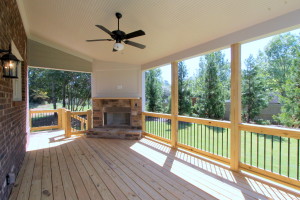
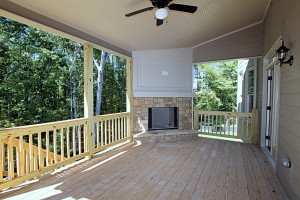
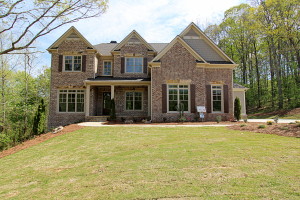
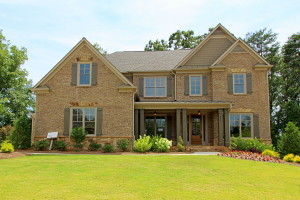
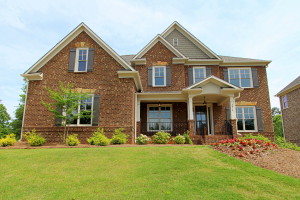
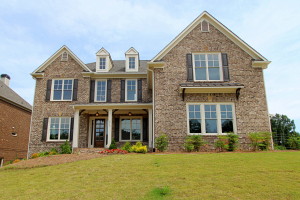
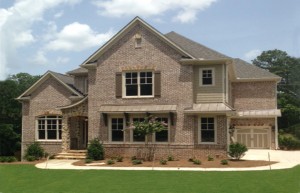
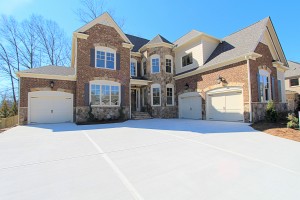
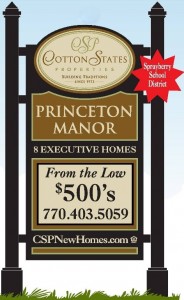

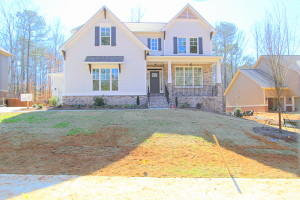
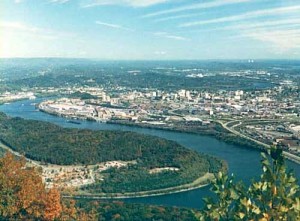
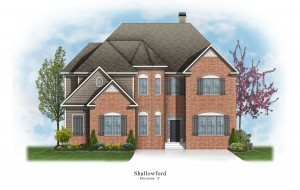
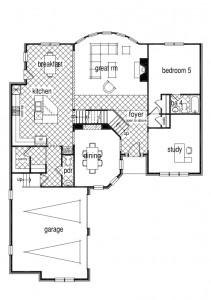

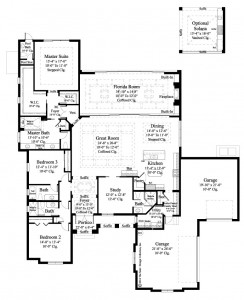
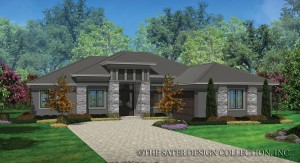

 © 2024 Cotton States Properties. All Rights Reserved.
© 2024 Cotton States Properties. All Rights Reserved.